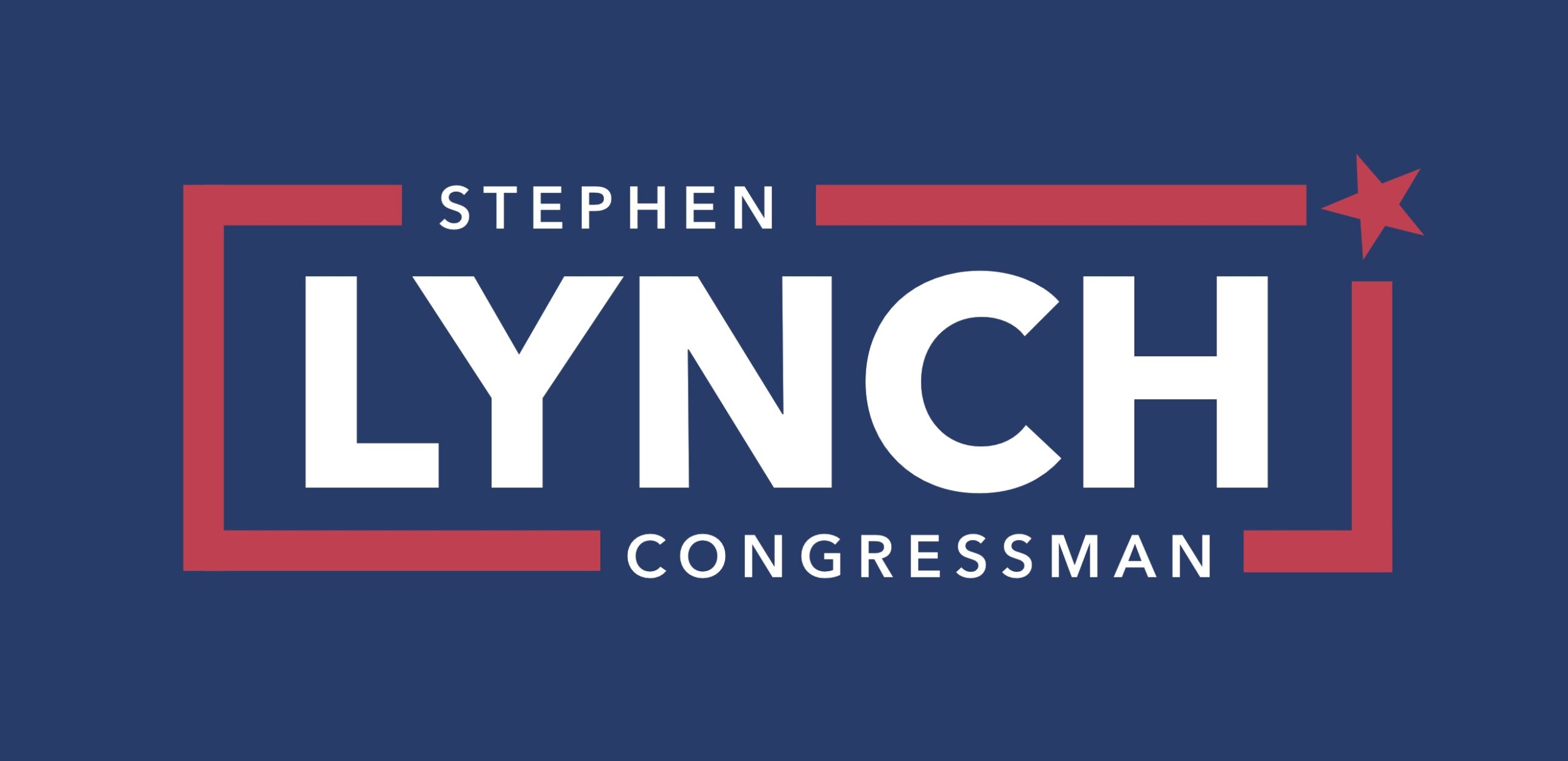It’s a good thing that Congressman Lynch’s threat to the state worked.
Boston Globe Editorial
After the MBTA went ahead with planned cuts to train and bus services, US Representative Stephen Lynch issued a stern warning to state transportation leaders: Use the federal COVID-19 relief money to retain those services and the workers who operate them, as intended, or jeopardize the money Massachusetts might get, and how it could be spent, in any future congressional infrastructure package.
That threat — plus a letter from the entire congressional delegation decrying the cuts — seems to have worked. On Friday, MBTA general manager Steve Poftak sent Lynch a letter saying “there will be no layoffs or furloughs made by either the MBTA or Keolis,” the private contractor that runs the commuter rail line for the T. The rest of Poftak’s letter is vaguer; but the T also appears to be backtracking on its already-implemented budget cuts. In the letter, Poftak refers to “increasing service levels as quickly as possible on the bus and subway” and assures Lynch “this pathway to full service will be fully funded.” By that, Poftak means that in the fiscal 2022 budget, the T will propose funding to pre-COVID-19 service levels for bus and subway lines, a T spokesman said.
In an interview on Friday, Lynch said he was happy about the outcome promised in Poftak’s letter, but noted: “You need to verify they’re doing what they say they’re doing. If the lines are restored, I will know that. If they’re not, I will know that, too. It’s not something you can hide.”
Before the delegation weighed in, the T’s overall reaction to receiving $1 billion in federal stimulus money was mystifying. Like other transit agencies, the T lost an enormous number of riders when employers closed during the pandemic. To keep transportation systems afloat, President Biden’s relief package includes $30.5 billion for transit agencies across the country. That federal largesse led cities like New York to immediately rethink planned service cuts. But in Massachusetts, the T, with the backing of Governor Charlie Baker, stubbornly resisted any revisionary thinking. Last weekend, the T moved ahead with plans to reduce trip frequency on some bus and subway routes and eliminate some commuter rail and ferry service on weekends. Some 40 commuter rail conductors were also scheduled to be laid off.
The layoffs were reversed after Lynch blasted the T at a press conference with Boston Mayor Martin J. Walsh at his side. Now, it’s important for the T not just to reverse the service cuts, but also to re-up its commitment to better public transit.
After record-breaking snowfall shut down the T in 2015, Baker promised reforms that would bring about “accountability, reliability, and a world-class transportation system.” While Baker gained more control over the transit agency and the T has invested some $5.1 billion in capital improvements between fiscal 2016 and fiscal 2020, a world-class transportation system is still very much aspirational. And in the midst of a pandemic, Baker has looked as if he’s retreating from that aspiration, not trying to fulfill it. Thanks to the service cuts, some subway cars are packed, putting commuters at greater COVID-19 risk. And this past week, an Orange Line train derailed in a work zone at Wellington Station, causing the T to pull temporarily the system’s newest subway cars from service.
This isn’t the time for Baker to pull back from his commitment to the T — not if you think about investment in transportation as crucial long-term investment in the state and regional economy. And not if you are concerned about losing out on future federal dollars targeted to infrastructure — or losing control over where the money can be spent. In conversations he said he had with Baker and Poftak, Lynch said, “What I explained to them, is ‘‘Look, if we can’t trust you to be on the same page on transportation, we would make the decisions about where the money goes. . . . There would be a reluctance on the part of the delegation to put money out there at the discretion of the MBTA or DOT if we firmly believe we are not on the same page.’” (It’s not an empty threat: The House recently decided to bring back the earmark system that gives legislators direct control over some federal spending.)
As US Representative Jake Auchincloss, who sits on the House Transportation and Infrastructure Committee, also noted, “It makes it hard to advocate for the state when there’s a track record of the state not using the funds in the spirit of the purpose designed in the package.”
The T needs to show it is using the federal money in the spirit of the COVID relief package — the sooner, the better.

Recent Comments